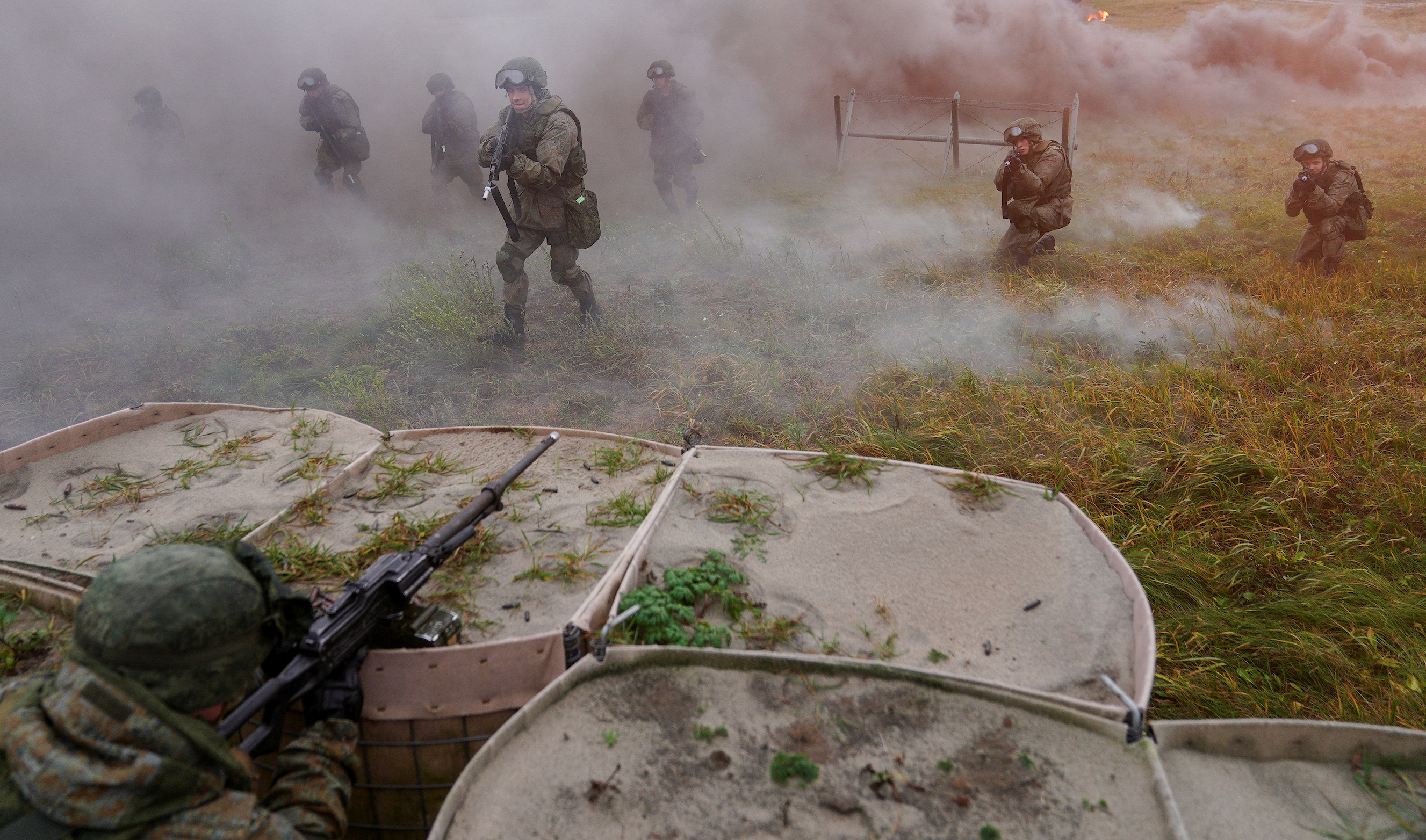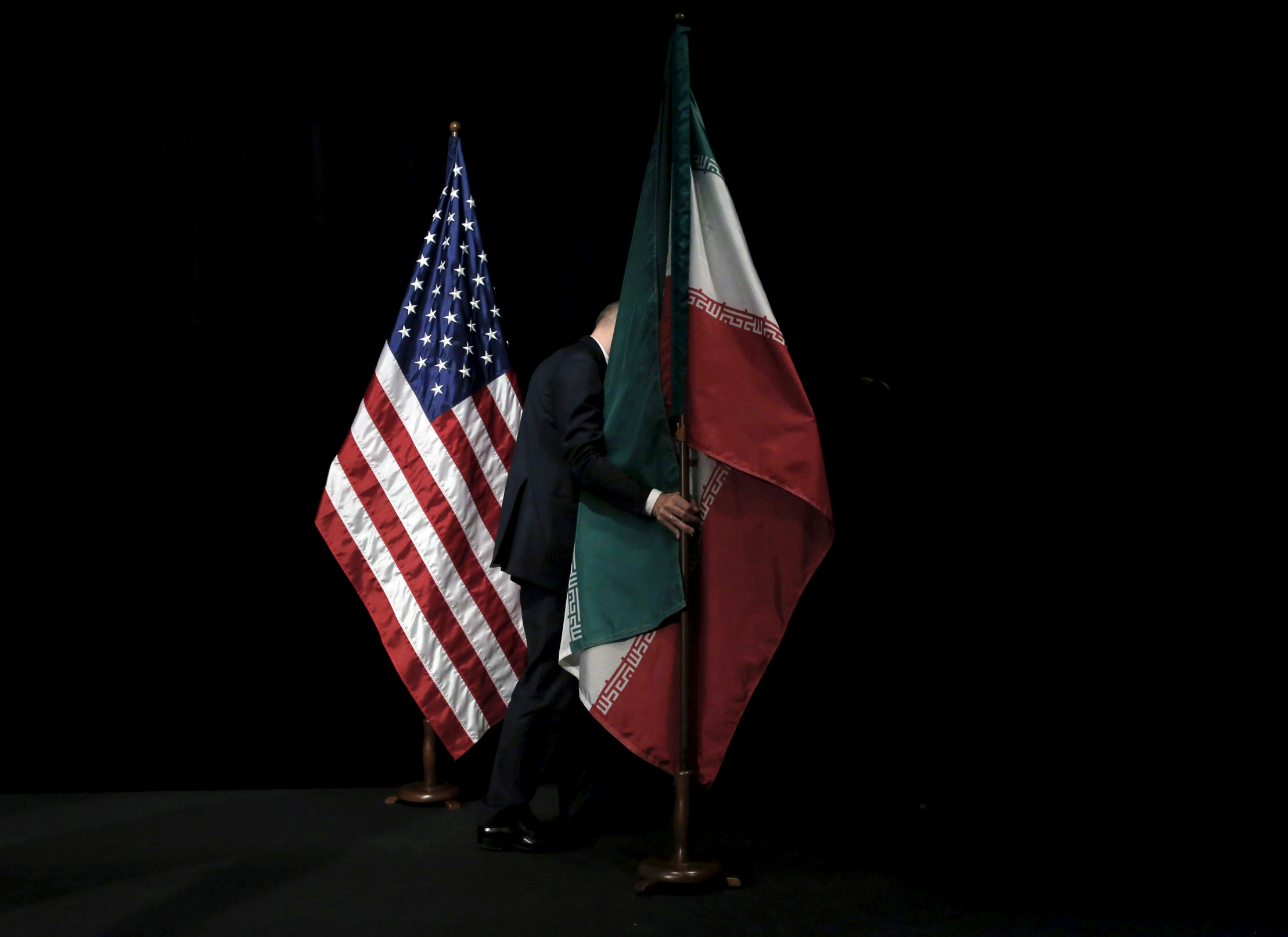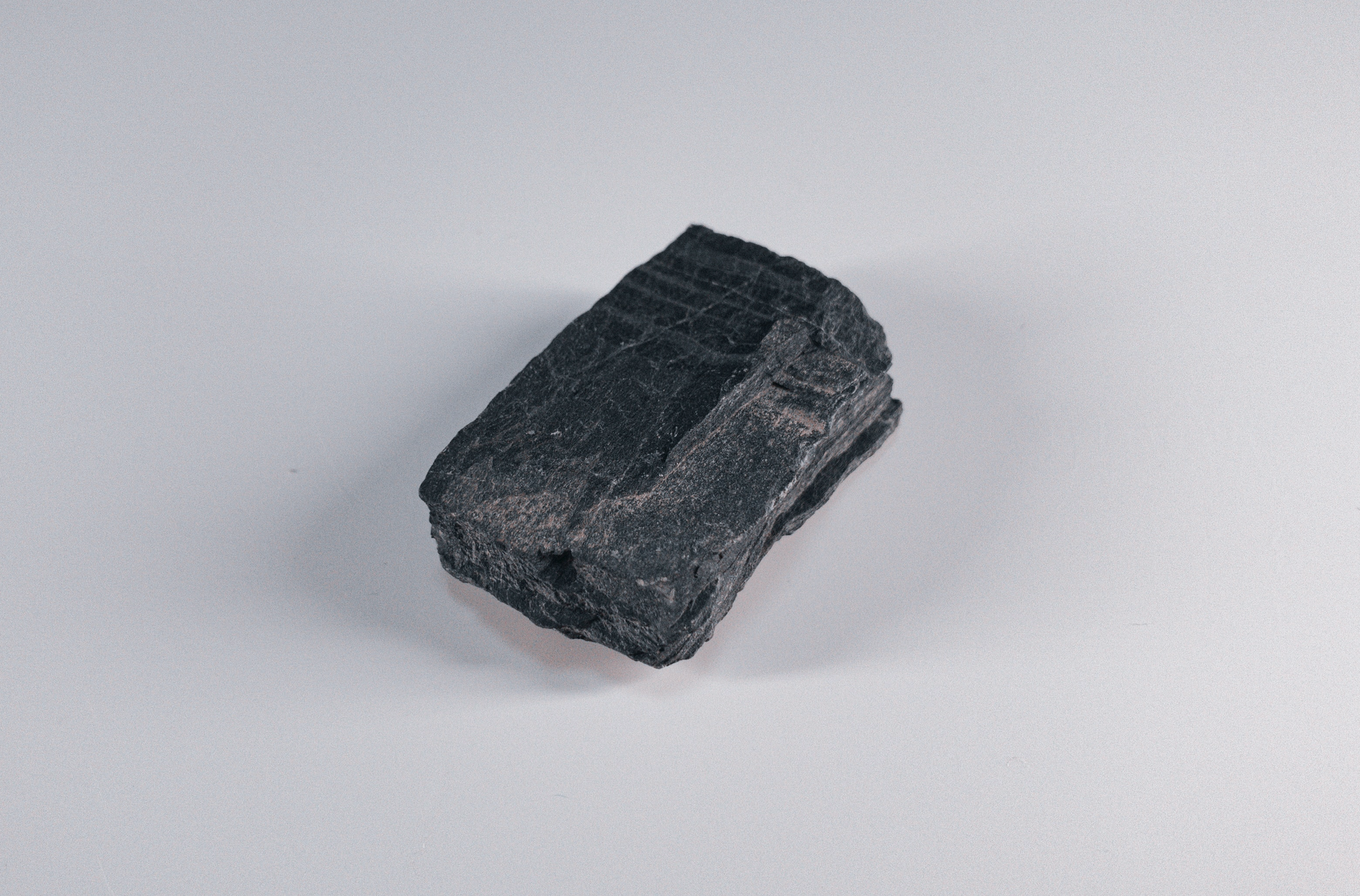
Russian forces near Norway at “20% or less” than before Ukraine war, Norwegian military says
PHOTO CAPTION: Representational photo — Marines of the Baltic Fleet forces of the Russian Navy train in the zone of obstacles during military exercises at the Khmelevka firing ground in the Kaliningrad region, Russia November 24, 2021. REUTERS/Vitaly Nevar
OSLO (Reuters) - Russian forces stationed in the Arctic near Norway are "20% or less" of the number they were before the February 2022 invasion of Ukraine, Norway's chief of defence said on Saturday.
Norway is part of NATO and shares a border with Russia in the Arctic. The Nordic country borders the Kola Peninsula, home to most of Russia's nuclear weapons as well as its Northern Fleet, which operates Russia's nuclear submarines.
Speaking after a meeting of the chiefs of defence of NATO countries held in Oslo, General Eirik Kristoffersen said Russian President Vladimir Putin knew "very well" that NATO was not a threat to Russia.
"On our border, on the Russian border, there is maybe 20% or less (Russian) forces left than it used to be before Feb. 24, 2022," he told a press conference.
"If he believed that we were threatening Russia, he couldn't have moved on his troops to Ukraine to fight the war there."
That pattern of Russian behaviour applies as well to how it has treated neighbouring Finland after it joined NATO in April, added Admiral Rob Bauer, chair of NATO's military committee.
Finland and Russia share a 1,300 km (810 miles) border, with Russian troops along that zone, as with Norway, below the numbers they were before the war.
"Russia knows NATO is not a threat because we are not intending to attack them. Otherwise they would have responded completely different to the accession of Finland," Bauer told the conference.
"They have talked about it, but they haven't in physical terms."
(This story has been refiled to correct the headline to reflect paragraph 1 and clarify the quote in paragraph 4)
(Reporting by Gwladys Fouche in Oslo and Sabine Siebold in Berlin; Editing by Nick Macfie)









